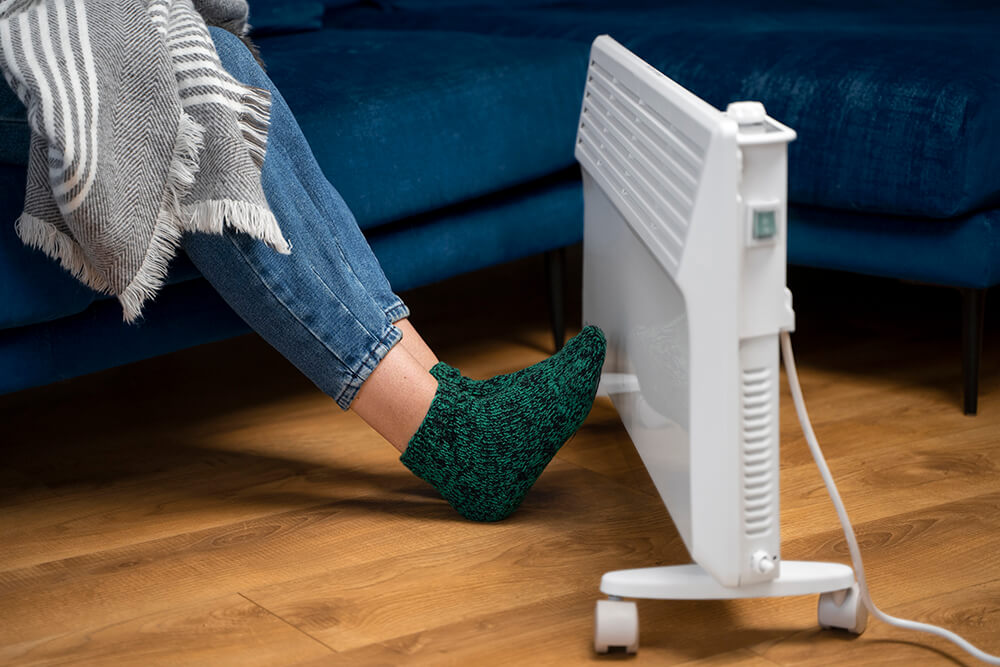Some cookies used are essential to providing a service, while others help us improve your experience and provide us with insights into how the site is being used.
For more detailed information about the cookies we use, see our Cookies page.
Necessary cookies enable core functionality such as security, network management, and accessibility. You may disable these by changing your browser settings, but this may affect how the website functions.
We'd like to set Google Analytics cookies to help us to improve our website by collecting and reporting information on how you use it. The cookies collect information in a way that does not directly identify anyone. For more information on how these cookies work, please see our 'Cookies page'.
We'd like to allow Social Media cookies to provide a richer experience. These cookies will allow us the ability to list Fife Council tweets and Facebook posts, Google maps, audio clips & Videos on some of our pages. Our videos use Youtube's privacy-enhanced mode.
These cookies allow us to show relevant adverts to the content you are viewing. They also provide the ability to deliver targeted online advertising across other platforms like Facebook, Google, Instagram and the Quantcast network.
Since energy prices surged in 2022, many people in Fife have found it difficult to afford heating, especially during colder months. This has affected their health, wellbeing, and ability to manage daily costs. Working closely with the Fuel Bank Foundation and Cosy Kingdom, Fife Council has been able to provide both emergency help and long-term support to people across Fife. This work supports Fife’s wider goals to reduce poverty, improve health, cut carbon emissions, and make public services more joined up.
During 2024/25, key partners involved managed to deliver a wide range of support. Over 2,700 crisis fuel vouchers were given to more than 1,100 households. Financial help was provided to 770 tenants living in low energy-efficient homes, 474 households affected by damp and mould, and 516 households in temporary accommodation. In addition, 179 households struggling with fuel debt received targeted support. More than 1,200 energy advice sessions were delivered, and 555 homes had energy-saving improvements installed. Support also extended to 37 low-income homeowners who received help with boiler repairs or replacements.
To build long-term capacity, 298 frontline workers were trained to spot signs of fuel poverty and make referrals, while 434 were trained to provide basic energy advice.
This joined-up approach is helping people across Fife stay warm, safe, and supported. Looking ahead to 2025/26, the Council plans to build on this work by using data to target support in high-risk areas, piloting home sensors to detect early signs of fuel poverty, expanding help for households using alternative fuels, and continuing to train frontline workers to offer energy advice.
